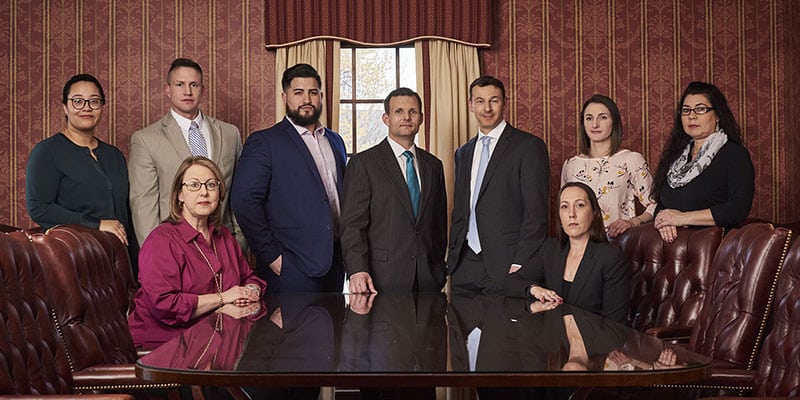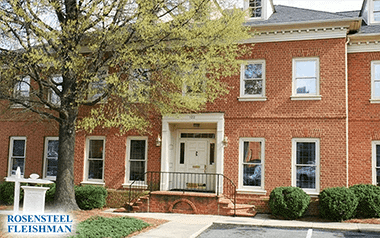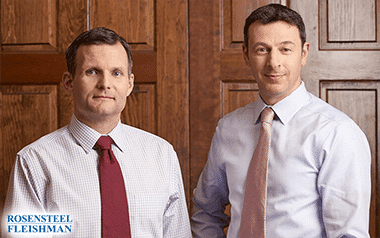
Oops - That Page Doesn't Exist!
Sorry, the page you are looking for cannot be found.
It looks like the page you are trying to access is missing or has been moved. Don't worry, this is a common occurrence and can easily be fixed.
Please use the navigation bar at the top of this page or the search bar to find what you're looking for. If you still can't find what you're looking for, don't hesitate to contact us for assistance.
Popular Pages:
Thank you for choosing Rosensteel Fleishman for all of your legal needs.

